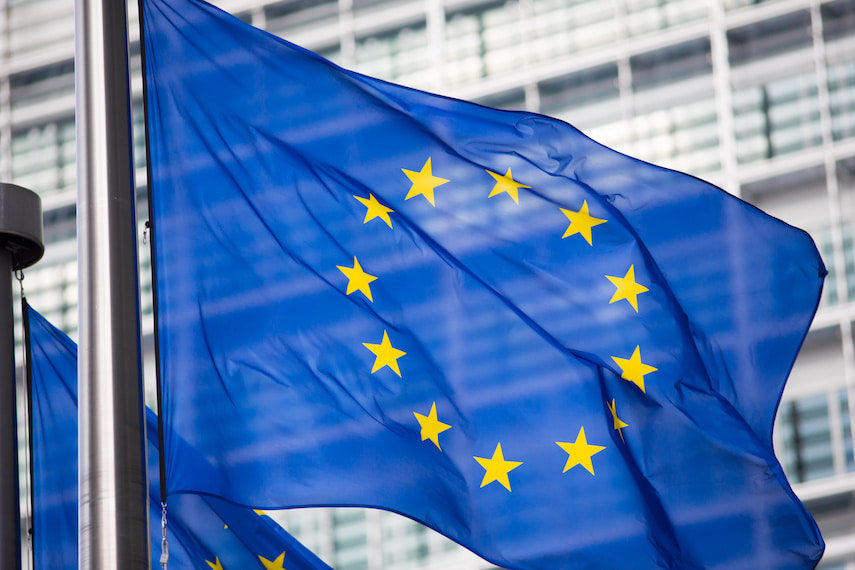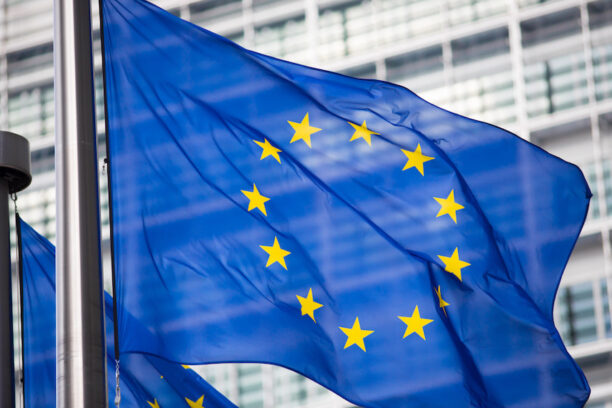The EU’s omnibus package seeks to scale back sustainability regulations, and its passage has been a somewhat chaotic process. US observers may feel particularly confused, as the EU’s lawmaking process isn’t second nature to us. Additionally, headlines have been flying around since early this year on speculative changes and lawmakers’ positions. This makes it difficult to tell what is purely hypothetical and which changes are concrete. With Parliament moving towards solidifying a negotiating position in the coming weeks, let’s look at where the omnibus package stands.
In the EU, directives originate with the EU Commission, who propose new directives. Those proposals then go to the EU Council and EU Parliament, which may propose amendments via their negotiating position. Finally, the Commission, Council, and Parliament meet for trilogues where they jointly negotiate the final text of the law. There are more nuances and complexities to the process, but this is a general overview.
Right now, the omnibus reform package is just before the trilogue stage. The Council and Commission have both adopted negotiating positions. Observers were skeptical that Parliament would have its negotiating position ready by mid-October, but the political body has reached a promising political agreement that will likely be finalized in the coming days. Parliament states in a press release that:
“With 17 votes for, 6 against and 2 abstentions, the Legal Affairs Committee approved its position on a series of changes to sustainability reporting and due diligence requirements for companies… Should the Parliament approve the committee mandate at the next plenary session, MEPs and EU governments should start negotiations on the final text of the legislation on 24 October.”
The EU government would like to have the final legislation negotiated and voted on by the end of the year, but many view this as unlikely. At the same time, outside of this legislative process, the EU Commission is also delaying a number of sustainability measures, including reporting requirements for non-EU companies under the CSRD. This is being done through the Commission’s authority to create delegated regulations, and shouldn’t be confused with the lawmaking process the omnibus reforms are subject to. It is also separate from the “stop-the-clock” directive passed earlier this year, which paused sustainability reporting for wave 2 companies while omnibus negotiations are ongoing. We’ll have more information on the substantive changes in the final legislation once it gets through trilogues. For now, the substance of the negotiating positions may help divine the EU’s direction, but they are ultimately subject to change.
Our members can learn more about ESG disclosures in the EU here.
Interested in a full membership with access to the complete range of benefits and resources? Sign up now and take advantage of our no-risk “100-Day Promise” – during the first 100 days as an activated member, you may cancel for any reason and receive a full refund. But it will probably pay for itself before then. Members also save hours of research and reading time each week by using our filtered and curated library of ESG/sustainability resources covering over 100 sustainability subject areas – updated daily with practical and credible information compiled without the use of AI.
Practical Guidance for Companies, Curated for Clarity.










